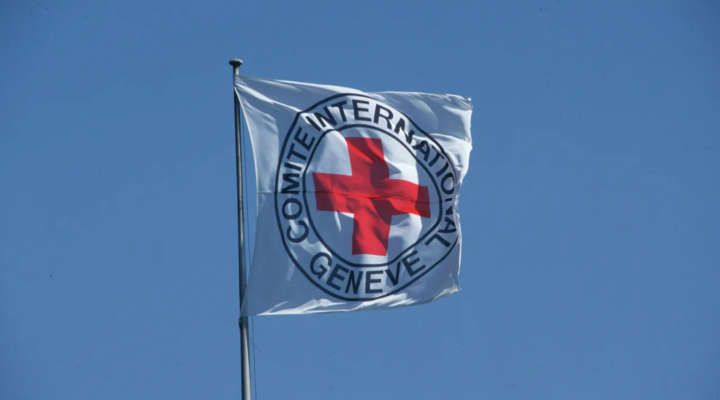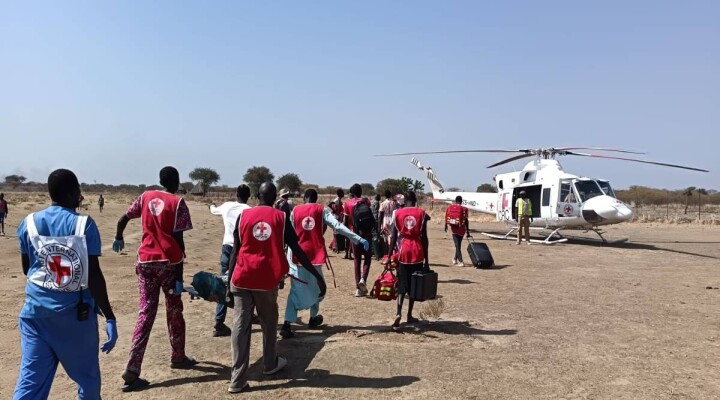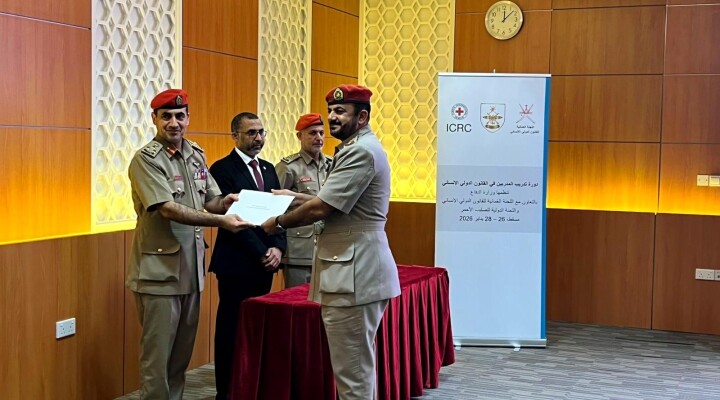Afghanistan: Child pneumonia, malnutrition spikes as families face impossible choice: eat or heat
As winter sets in across Afghanistan and the economic crisis is worsening, more than half the population (24 million people) need humanitarian assistance and half (20 million people) are acutely food insecure.
Abbas, a wood seller in Kabul states: “There are no buyers. People don’t have money. People have no choice other than their kids freeze in the winter or burn trash to keep themselves alive.”
The deepening economic crisis further impacted by international sanctions and the economic consequences of the Russia-Ukraine international armed conflict makes it impossible for millions of Afghans to make ends meet. Wheat, cooking oil and fertilizer prices have risen. People have lost their income sources and used up their financial reserves.
Mother of five, Mahjabeen says: “Winter is already here, and we don’t have anything to burn to warm my children. I get very sad to see them in this situation when they don’t even have clothes to wear.”
Haji Wali, a day labourer has brought his 8-month-old baby to an ICRC-supported hospital with pneumonia. “If he is treated here and we take him home he will get sick again because we cannot afford to heat our home and provide him and my other children with proper nutrition.”
Child malnutrition cases are already 90% higher this year compared to all of 2021, rising from 33,000 cases to over 63,000 so far this year.[1] Meanwhile, at an ICRC-supported children’s hospital in Kabul, the number of children under 5 being treated for pneumonia has risen 55 percent in 2022 versus the same period last year.
To provide life-saving assistance, the ICRC is supporting hospitals in Afghanistan paying for medical supplies, running costs and salaries for nearly 10,500 health workers – a third of whom are women. Those health services reach an estimated population of 26 million people. This year, the ICRC has also provided multipurpose cash grants to over 10,000 vulnerable families (80,000 individuals) across Afghanistan to help them meet their essential needs.
“Afghan families face an impossible choice: To eat or to buy heat. And, really, they can’t afford either, resulting in a frightening rise in malnutrition and pneumonia cases,” states Martin Schüepp, Director of Operations at ICRC. “Aid organizations can’t answer all the overwhelming cries for help. That’s why we’re urging states and development agencies to return to Afghanistan to continue providing support to the millions here in need.”
SHOTLIST
Length: 8:05
Date Of Filming: 8th to 23rd November
Camera: Wares Satar
Editor: Masoud Samimi
Copyright: ICRC access all
On Screen Credit: ICRC written or logo
0:00 – 0:54 Poor family trying to cope with harsh winter in Ishkashem district of Badakhshan province.
SOUNDBITE: Mahjabeen, mother of five children (Dari)
0:54
“Our living conditions have worsened. There is no source of income today, and no money to take my children to the clinic when they are sick.
1:03
Winter is already here, and we don’t have anything to burn and warm my children. I get very sad to see them in this situation when they don’t even have clothes to wear.”
1:20
1:21 – 1:40 Poor family trying to cope with harsh winter in Ishkashem district of Badakhshan province.
1:40 Wood and coal sellers in Kabul
SOUNDBITE: Abbas, a wood seller, (Dari)
(Dari)
2:14
“There are no buyers. People don’t have money. They can’t even find a job that will allow them to afford a meal.
2:25
The people have no choice other than their kids freeze in the winter or burn trash to keep themselves alive.”
2:36
2:36 Wood and coal sellers in Kabul.
3:14 Patients in Indra Gandhi hospital (supported by ICRC), a specialized children hospital which children with severe diseases from all over Afghanistan refer to.
SOUNDBITE: Haji Wali, day labourer and father of an 8-month-old with pneumonia (Language Pashtu)
4:49
“If he is treated here and we take him home he will get sick again because we cannot afford to heat our home and provide him and my other children with proper nutrition.
4:57
“I already lost one of my children to pneumonia. But who should I call for help?”
5:03 Patients in Indra Gandhi hospital (supported by ICRC), a specialized children hospital which children with severe diseases from all over Afghanistan refer to.
5:33 Martin Schüepp, ICRC Director of Operations at Malalai maternity hospital in Kabul.
SOUNDBITE: Martin Schüepp, Director of Operations, ICRC (in English)
6:24 “Afghan families face an impossible choice: To eat or to buy heat. And, really, they can’t afford either, resulting in a frightening rise in malnutrition and pneumonia cases.
6:37 Aid organizations can’t answer all the overwhelming cries for help. That’s why we’re urging states and development agencies to return to Afghanistan to continue providing support to the millions here in need.”
6:50 Martin Schüepp, ICRC Director of Operations at Indra Gandhi hospital (The first clip shows the Director of Operation in Malalai maternity hospital the rest clips are from Indra Gandhi hospital) in Kabul.
7:45 Snowy road in Afghanistan
8:05 END
For further information, please contact:
Lucien Christen, ICRC Kabul, lchristen@icrc.org, Tel.: +93 72 914 0551 (whatsapp / signal)
Parwiz Ahmad Faizi, ICRC Kabul, pfaizi@icrc.org, Tel.: +93 729 110 672
[1] This comes from data recorded in 33 hospitals across the country that are supported by the International Committee of the Red Cross (ICRC).



